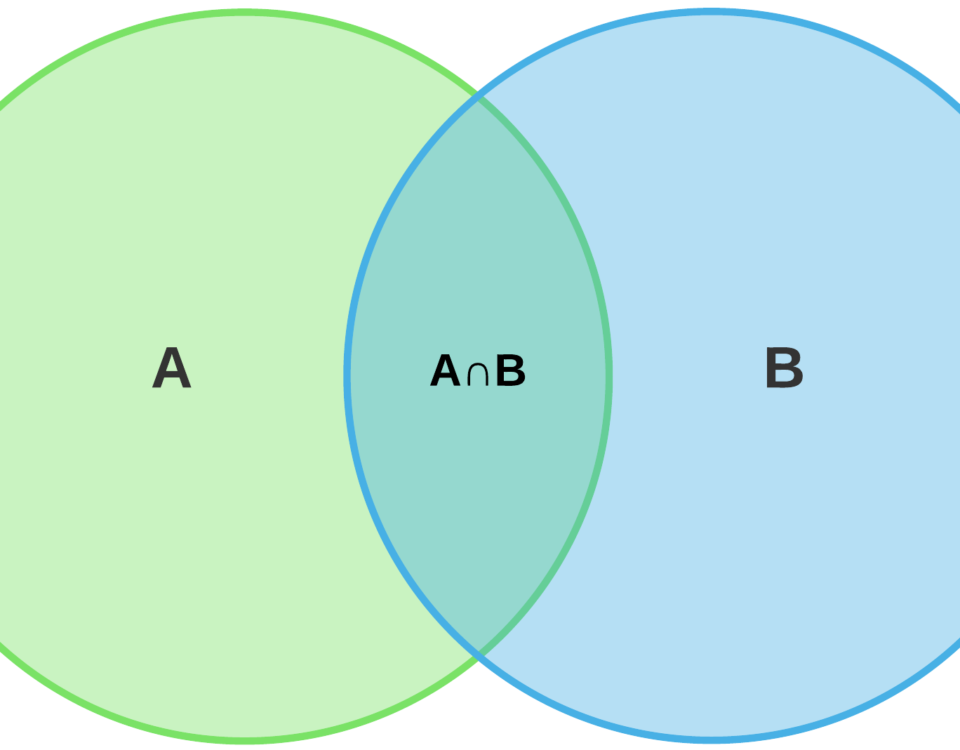Rethinking the Interview Process for Neurodiverse Talent

It’s no secret that having a diverse workforce can lead to greater innovation, better decision-making, and a more engaging workplace. Furthermore, it can help attract and retain talent, bolster your reputation, and improve your bottom line. Despite this increasing awareness, there’s still an untapped talent pool: neurodiverse candidates.
Neurodiversity can be defined as ‘The range of differences in individual brain function and behavioral traits regarded as part of normal variation in the human population.” It’s also “the idea that neurological variations are known and valued as any other human variation.” These variations include;
- Developmental Coordination Disorder (DCD or dyspraxia)
- Dyslexia
- Attention Deficit Hyperactivity Disorder (ADHD)
- Dyscalculia
- Autistic Spectrum (ASD)
- Tourette Syndrome (TS)
While there are challenges of neurodiversity in the workplace, such as different accommodations, leading companies like SAP, Microsoft, J.P. Morgan, Hewlett Packard, and Ernst & Young have actively been recruiting neurodiverse talent and setting them up for success. And, it’s easy to see why neurodiverse talent is a competitive edge. It’s been found that embracing neurodiversity can increase productivity, quality, innovation, and engagement.
Despite these advantages, companies are ignoring this talent pool. For example, less than one in six adults with autism has full-time employment. And only a third of them are in some kind of paid work.
While there isn’t just one reason for this phenomenon, one factor is the hiring and interview process. Mainly because this often involves socialization and communication skills. This puts people with autism and Aspergers, for example, at a disadvantage since they may have difficulty understanding social cues or nonverbal communication.
As such, leaders must rethink the interview process for neurodiverse talent. For instance, as opposed to a traditional 30-minute interview, you could have them participate in a series of assessments or group projects. This lets you gauge your skills and see if they can fit in with your organization.
Moreover, you should also implement the following strategies when conducting interviews with neurodiverse applicants.
Be aware of the environment.
For those with sensory processing issues, noisy and distracting settings can be uncomfortable. With that in mind, when having an interview with a neurodiverse applicant, make sure that the location is quiet and free of strong odors, rigid lighting, and clutter.
Also, do not hold an interview that involves a meal. This can be a distraction for candidates with autism, for example.
Avoid panels.
It’s not uncommon for interviews to include several participants. However, social interaction can be difficult for neurodiverse candidates. As such, forgo the panel interviews. Instead, schedule sequential interviews. This gives the candidate an opportunity to still interview with key stakeholders without them becoming extremely overwhelmed.
Limit confusion by being direct.
People with autism tend to respond better to more direct questions. In particular, questions with which they are experienced. Open-ended, hypothetical, abstract, and vague questions can be confusing to the applicant. So, make sure that you’re asking closed questions that focus on their experiences and tangible processes. You might want to start the question with, “Can you tell me a time when you…?”
Focus on skills.
In lieu of the traditional interview format, use skills-based projects. Ideally, this should be a project that not only allows the candidate to display their skill set but is also aligned to a role. Some suggestions would be cognitive assessments or work trials. You can also review samples of their previous work.
Keep your social expectations in check.
Another issue with traditional interviews is that it focuses more on social competence instead of seeing how a candidate excels at a specific task. For neurodiverse candidates, this is problematic as they may not be able to carefully follow social norms. It’s not uncommon for these candidates to fidget, have difficulty making eye contact, or display physical tics.
As such, do not let these social
Unless the position requires social cues, avoid letting small social miscues influence your decision. The only exception would be if the position requires a fair amount of social cues.
Mind your manners.
Be polite and don’t interrupt neurodiverse candidates. Some of them may take longer to consider how exactly to answer a question. So, patience is a skill you need to develop.
While rethinking the interview process so that it accommodates neurodiverse talent requires you to step back, eliminate assumptions, and communicate in a new way, it’s worth the investment. And, you can get started by using the advice listed above. When you do, you’ll be in a better position to hire the best and brightest talent.



